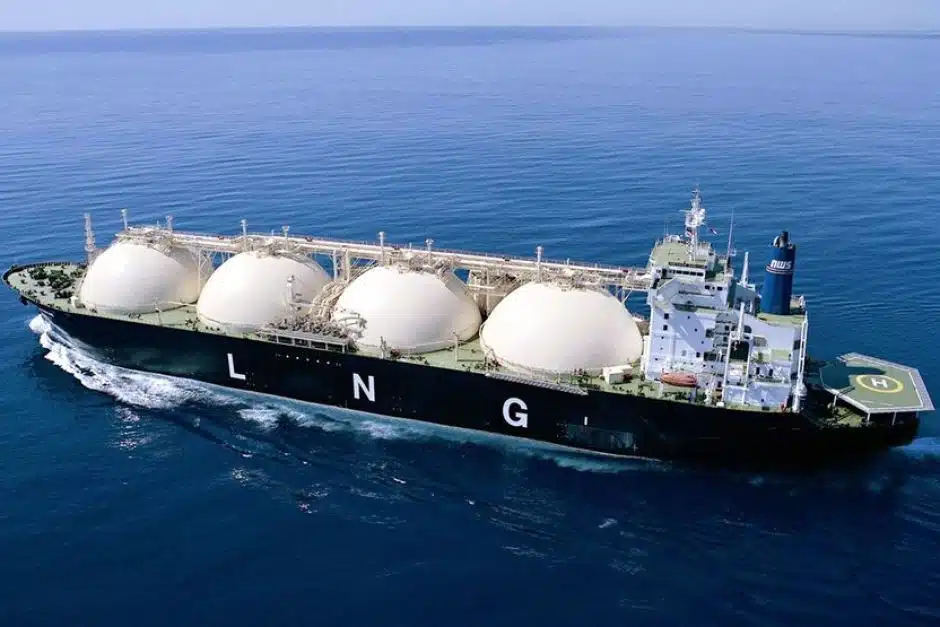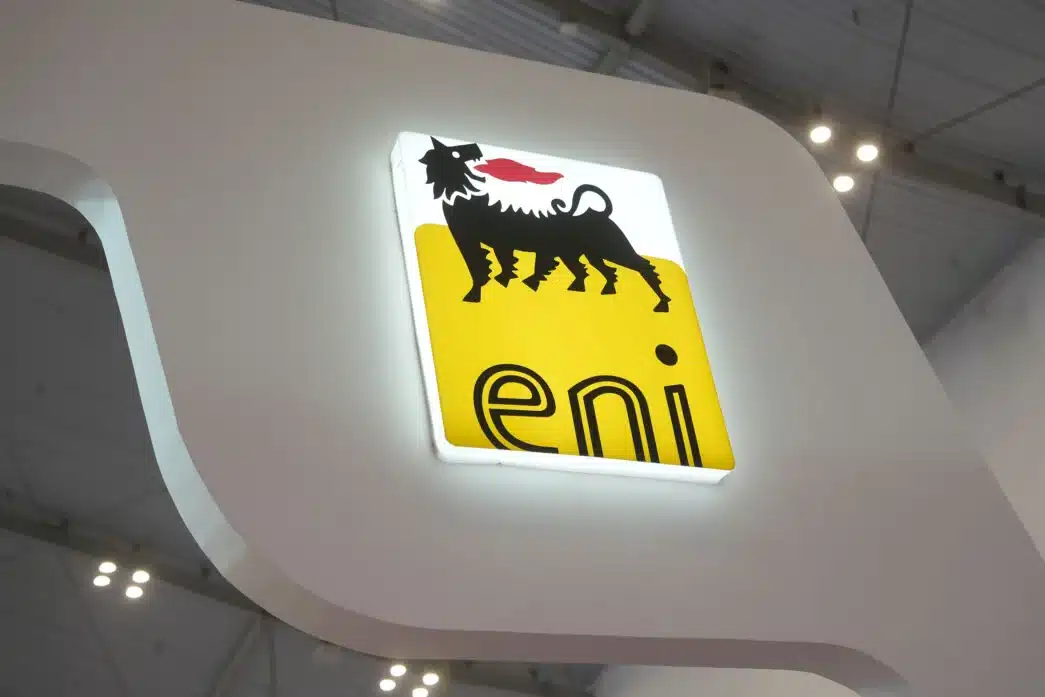Despite being Africa’s leading crude exporter, Nigeria spent a staggering $2.6 billion importing crude oil in the first quarter of 2025, according to new data from the country’s apex bank.
The Central Bank of Nigeria (CBN) reported that the country’s crude and petroleum product imports rose by 11.19%, reaching $2.98 billion, up from $2.68 billion in Q4 2024.
A significant portion of these imports came from the United States, which served as the primary source of crude oil for the Dangote Refinery.
Specifically, the U.S. accounted for roughly 61% of Nigeria’s total crude imports during the quarter, according to a recent report by the National Bureau of Statistics.
This surge in imports is tied to local refiners—particularly Dangote—needing to supplement domestic crude production to meet operational capacity
Growing demand from domestic refineries
Domestic refineries, including both modular facilities and large-scale operations like Dangote’s 650,000 bpd refinery, have increasingly turned to international markets to source crude.
This approach offers a more consistent and commercially viable option, especially amid Nigeria’s insufficient local supply.
Although the Dangote refinery has historically sourced crude from countries such as Brazil, Angola, and Libya, U.S. crude now dominates.
The facility first imported U.S. crude in March 2024, and data from shipping analytics firm Kpler shows that supplies have remained steady since.
Citing trading sources, Reuters reported that the Dangote Refinery is set to import at least five million barrels of U.S. WTI crude oil in July.
Although the expected daily average of 161,000 barrels for July is substantial, it falls short of a record high in June, when imports reportedly hit 300,000 barrels per day.
Other countries supplying crude to Nigeria
In addition to the United States, Angola, Algeria, Brazil, and Equatorial Guinea have supplied crude oil to Nigeria this year.
The U.S. supplied the bulk during Q1 2025.
Kpler data confirms that Dangote, which primarily processes Nigerian crude grades, has been purchasing WTI crude semi-regularly since March 2024.
A recent report by BRS Shipbrokers described the Nigerian facility as an emerging major buyer of U.S. crude, especially amid recent trade tensions between Washington and Beijing.
So far in 2025, the refinery has also procured spot cargoes from Angola, Equatorial Guinea, Algeria, and Brazil.
However, U.S., Angolan, and Algerian cargoes have made up the largest shares of Nigeria’s crude imports, due to insufficient domestic supply.
On the flip side, countries like India, Netherlands, France and Spain emerged as top destinations for Nigeria’s N12.96 trillion oil sale in Q1 2025.
Meanwhile, a report by Thisday shows that for the whole of 2024, the US was the top destination for Nigerian crude.
Currency depreciation continues to hike crude import costs
Depreciation of the local currency has continued accelerating costs of importing crude and petroleum products in Nigeria.
More fuel products are still being imported into the country due limited domestic refining capacity, evidenced by the prolonged downtime of the Port Harcourt, Warri, and Kaduna refineries.
Another factor has been the fuel exports undertaken by Dangote. This further thins the volume of products available for domestic consumption from the plant which is not yet even at 85% capacity.
Meanwhile, according to the CBN report oil and gas exports boosted Nigeria’s current account surplus in Q1 2025.
The Q1 2025 goods account saw a significant upside, jumping from $2.62 billion in Q4 2024 to $4.16 billion, largely due to:
- Crude oil exports at $8.59 billion
- Gas exports growing from $2.10 billion to $2.66 billion (+26.7%)
- Non-oil and electricity exports surging to $2.66 billion (+30.4%)
Total export earnings climbed by 9.8% to $13.91 billion thanks to increased volumes and a weaker naira, which boosted export competitiveness.
Balancing the books: export gains vs. import pressures
Despite a strong export performance in Q1 2025, Nigeria’s dependency on petroleum imports continues to undermine long-term improvements in its trade balance.
The overall trade balance for the period was in deficit, with a $2.77 billion shortfall, even as capital inflows weakened.
In the first quarter alone, diesel, petrol, and crude oil imports accounted for over 30% of total imports.
Although a recent report confirms that Dangote Refinery has ended Nigeria’s status as Africa’s largest importer of petrol, the country still lacks sufficient refining capacity to fully meet domestic demand.
In March, Dangote supplied only 41% of the country’s total fuel consumption.
This may be partly due to the refinery’s growing focus on exports and the fact that it has yet to reach full operational capacity.
While the plant has been running at about 80% capacity since mid-March, a spokesperson told Reuters it is now ramping up toward 85%
What does this mean for Nigeria?
The Q1 2025 report by the CBN confirms that Nigeria doesn’t only continue to import refined petroleum products but also huge volumes of crude oil.
Demand from the 650,000 barrels per day Dangote refinery has continued to contribute significantly to crude oil imports as domestic crude supplies fall short of demand.
If this current scenario persists without being addressed, Nigeria’s annual trade surplus stands threatened.
While the Q1 2025 export-led account-balance surplus offers temporary relief, continued reliance on petroleum imports exposes the economy to external vulnerabilities.
To reduce import dependency, it is crucial to fully operationalize the Dangote Refinery and rehabilitate legacy refineries managed by the NNPC.
Strengthening domestic refining capacity will also require a stronger commitment to established policies such as the domestic crude allocation quota and the naira-for-crude exchange mechanism.
These strategies can help maintain export momentum while building long-term economic resilience.
Otherwise, persistent import bills will continue to strain the naira and the fiscal budget.
In April, the CBN reported that the country’s petroleum import expenditure declined by 23.2% in 2024, resulting in significant foreign exchange savings and contributing to a $6.83 billion trade surplus for the year.
Think of how much more could be achieved this year if the gaps in Nigeria’s refining sector were finally addressed.






